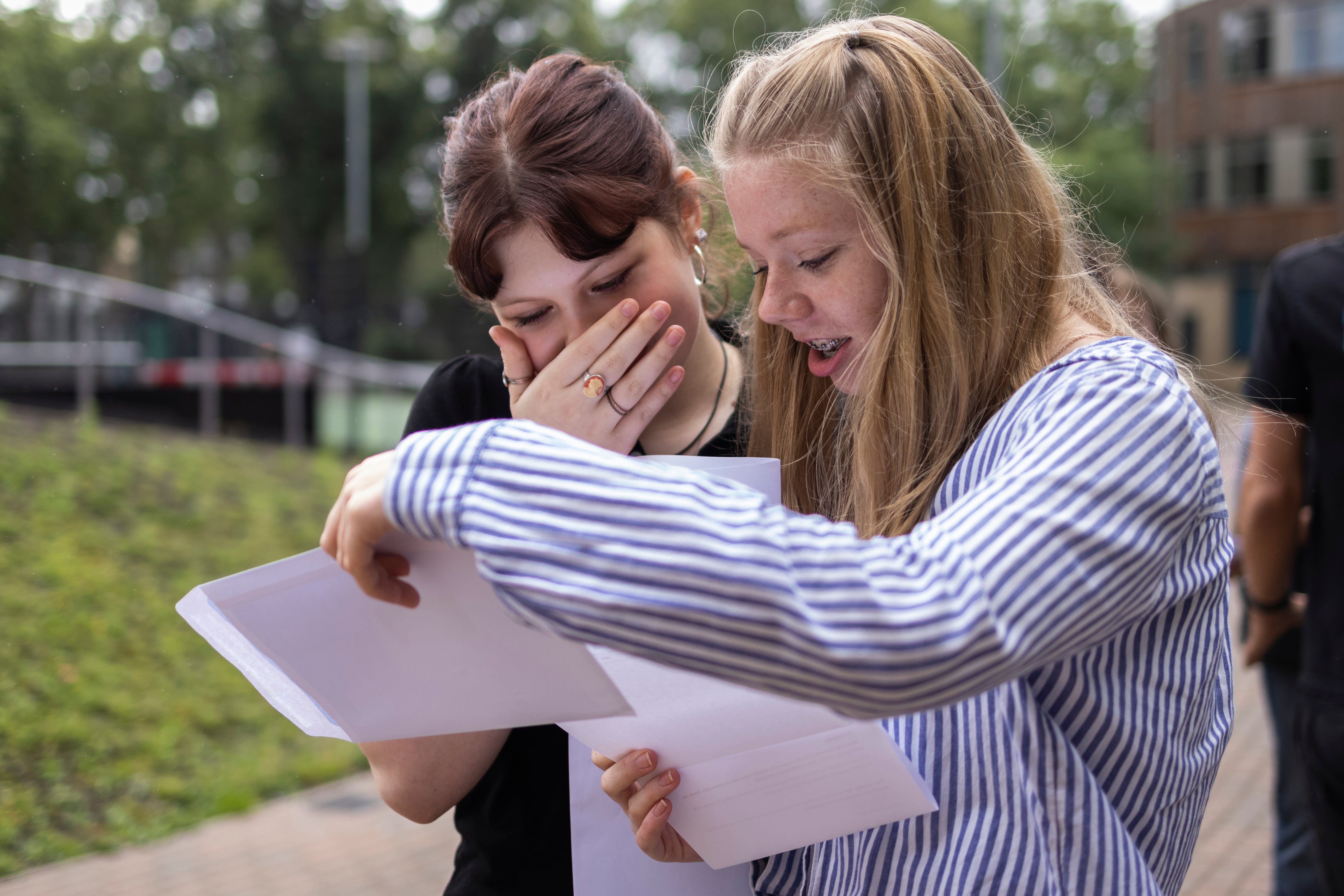Pupils who fail GCSE English and maths ‘may be blocked’ from student loans
Ministers hope move will stop growth of ‘poor quality low-cost courses’

Pupils who fail GCSE English and maths face could be banned from taking out student loans under government plans to be announced this week.
Ministers are aiming to weed out “low-quality courses” in a bid to reduce student numbers and see more young people take on apprenticeships.
The Department for Education’s (DfE) proposals, which will be put to consultation after publication, will include new minimum entry requirements for university to ensure pupils “aren’t being pushed into higher education before they are ready”.
The plans - first reported in The Daily Telegraph - would see the introduction of both student number controls and minimum entry requirements for some university applicants.

The plans will include a suggestion that students who do not get 2 Es at A-level or equivalent or at least a Grade 4 pass in English and maths at GCSE are barred from getting a student loan, a DfE spokesperson said.
Ministers said the move would ensure “poor-quality, low-cost courses aren’t incentivised to grow uncontrollably.”
Experts have warned that setting minimum entry requirements too high would impact many school leavers from disadvantaged backgrounds.
Alistair Jarvis CBE, chief executive of Universities UK, said: “Government should expand opportunity, not constrain it. Placing a cap on aspiration by reducing the number of places for people to study at university is bad for individuals, the economy and society.
“Government should ensure that anyone with the potential to succeed at university has opportunity to do so.”
“We are yet to see the detail of their consultation on minimum entry requirements, but we would strongly oppose measures which turn the clock back on progress made by universities to get more people from disadvantaged backgrounds into higher education and better jobs.”
Education consultant Johnny Rich added that ramping up minimum entry requirements will “prevent levelling up.”
“Minimum entry requirements are a potential culture war minefield,” Mr Rich said.
“If we want to level up, to generate social mobility and to meet skills needs, then blanket minimum entry requirements will do nothing more than close doors.”
The announcement comes as the government prepares to publish the final part of its response to the 2019 Augar review into higher education funding. The response is said to include a consultation on minimum entry requirements for students to be eligible for government-backed loans for tuition and maintenance.
Data from the Ucas university admissions service shows 320,000 sixth formers have applied for university places so far, compared with 306,000 in 2021.

The number of poorer pupils pursuing higher education has also increased, with 28 per cent of 18-year-olds from the most disadvantaged areas applying this autumn compared with just under 18 per cent in 2013.
The DfE has said that while numbers of applicants are increasing, “not all students receive the same high quality of teaching” and many become saddled with debt for courses with poor job prospects.
A DfE spokesperson said: “We need to ensure that we are creating opportunities that will not only open doors but will develop the talent our country needs to prosper now and in the future.
“Higher education is an investment and we need to ensure that graduates are being rewarded for the money, time and effort they put into their studies with an educational experience and jobs that match their skills and help contribute to the economy.”
Join our commenting forum
Join thought-provoking conversations, follow other Independent readers and see their replies
Comments
Bookmark popover
Removed from bookmarks